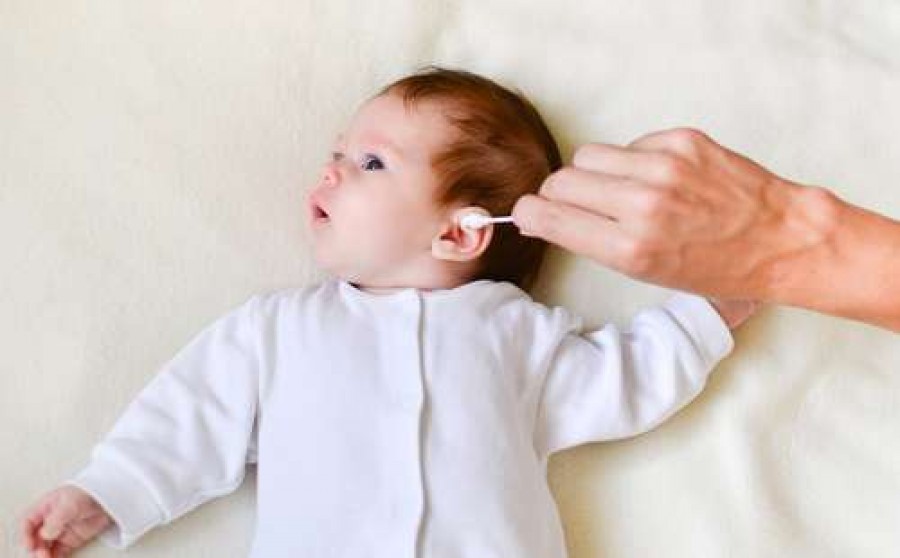Dealing with Diarrhoea in Babies

A normal baby’s stool is very soft and runny until the baby starts having solids. Since your baby is too young, he might not have a set schedule yet for the poo.
A normal baby may poo more than 5 times a day on a given day and on another day, the baby might poo only once. Both days are normal. However, that makes it difficult for parents to judge whether their baby is having a normal poo or is it diarrhoea!
There are certain cues that parents should notice in their babies to understand their baby’s condition. It is crucial to know if your baby is suffering from diarrhoea. This is because the sooner you are able to diagnose it, the sooner it can be treated on time and your baby can be saved from serious health issues caused by diarrhoea.
If baby diarrhoea is not treated on time, it can lead to loss of water from the baby’s body. This loss of water from the body is known as dehydration. Infant diarrhoea often also leads to irritable behavior and loss of skin elasticity of the baby.
In more extreme conditions, dehydration may also decrease your baby’s urine levels, fade your baby’s skin colour and increases your baby’s heart-rate. In some severe cases, some babies have also been observed to have stopped responding altogether.
Common Cues of Diarrhoea in Babies
- Sudden increase in stool frequency of baby
- Baby poos every time they are fed
- Stool contains more water
- Suddenly baby is not taking much feed
Causes of Diarrhoea in Babies
Since babies, especially newborns and infants, are generally sensitive, there can be a variety of causes that can trouble your baby’s intestine. Some of these causes of diarrhoea in babies include:
- Change in the breastfeeding mother’s diet (for babies on breast-feed)
- Change in baby’s food including switching from one formula to another
- Infections caused by virus, parasites or bacteria also known as (Gastroenteritis)
- Baby falls or gets injured
Treating Diarrhoea in Babies
Usually it is not recommended to give antibiotics to babies who are under two years unless suggested by your health practitioner. However, preventive actions and over the counter medication can help cure your baby’s diarrhoea. These include:
- Keeping your baby’s surrounding clean
- Make sure your baby’s drinking water is clean
- Wash your baby’s hands regularly
- Breastfeed your baby for at least the initial six months is highly recommended. One of the benefits of breastfeeding is that it protects your baby from possible infections that can occur at early stage. Breastfeeding also speeds up your baby’s recovery in case your baby gets affected by diarrhoea.
- Get your baby properly vaccinated as per your doctor’s guidance
- Give your baby Oral Rehydration Solution to prevent dehydration in babies during diarrhoea
- For formula fed babies, soy based formula milk can help your baby recover faster.
- For babies being fed on solids, foods such as rice, yogurt, carrot, rice cereal, banana, potato and apple sauce can help with your baby’s recovery from diarrhoea.
- Foods to avoid during infant diarrhoea: Try NOT to give your baby apricots, prunes, plums, peaches, pears, peas and any fruit juices during diarrhoea.
- Clean up your baby’s bottom immediately possible after every poo and apply anti-rash creams to protect your baby skin from rashes.
Helpful Tips(s)
- Consult your baby’s doctor if you are unable to see an improvement in your baby’s diarrhoea condition.
- Immediately take your baby to the hospital if you notice other serious health issues developing in your baby such as severe fever.
- If you notice your baby’s skin and lips getting very dry and less water quantity in your baby’s eyes, seek emergency help for your baby as quickly as possible. In severe conditions, babies also get blood in their stools, which is an alarming situation and immediate care by a health practitioner is required.
- Remember to dry-up and putting some baby skin friendly cream after washing your baby’s bottom.



